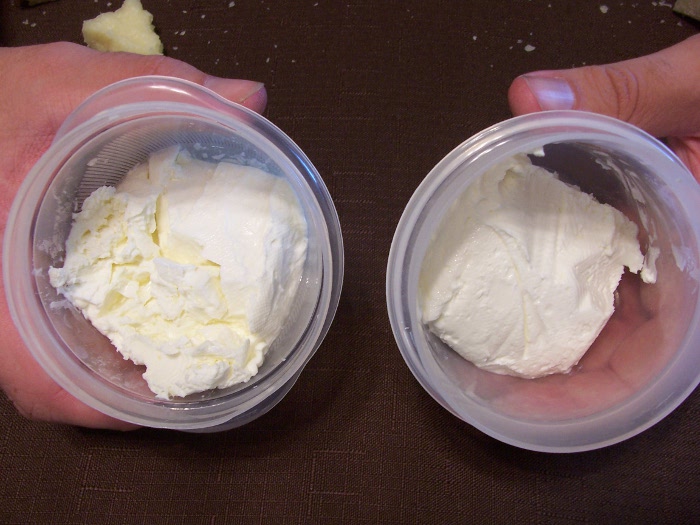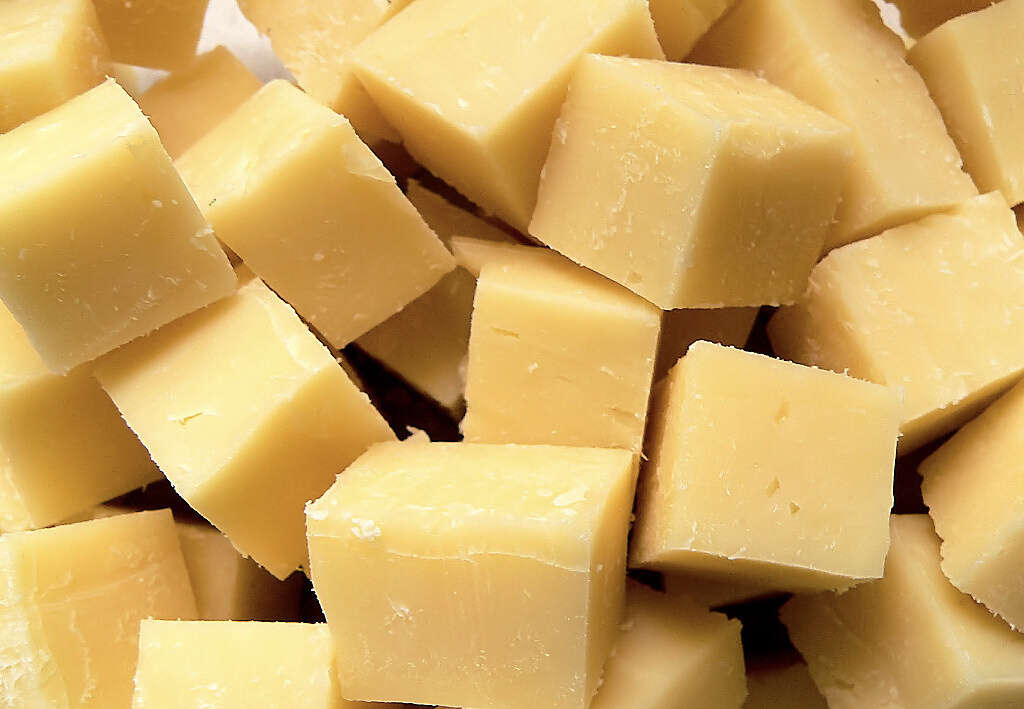Let’s talk about something that’s been on everyone’s mind lately – can you freeze cheese? If you’ve ever found yourself staring at that giant block of cheddar wondering if it’ll survive the freezer, you’re not alone. Cheese is one of those foods that feels like it should last forever, but we all know that’s not exactly true. So, what’s the deal? Can you really stick your favorite dairy in the freezer and expect it to come out tasting the same? Let’s dive into this cheesy conundrum!
Here’s the truth: freezing cheese is totally doable, but there are a few things you need to know before you start tossing your brie into the freezer. Cheese is a delicate thing, and not all types react the same way to being frozen. Some cheeses come out just fine, while others might lose their texture or flavor. But don’t worry – we’ve got all the answers you need to make sure your cheese stays as delicious as possible.
In this guide, we’ll break down everything you need to know about freezing cheese. From the best types of cheese to freeze to the steps you should take to ensure your dairy survives the freezer, we’ve got you covered. Whether you’re a cheese lover looking to save money or someone who just wants to make sure their leftovers don’t go to waste, this article has all the info you need. So grab a snack (maybe some cheese?) and let’s get started!
Read also:Why The Las Vegas Marketplace Is Your Golden Ticket To Success
Can You Freeze Cheese? The Short Answer
Alright, let’s cut to the chase – can you freeze cheese? The short answer is yes, you can freeze cheese. But here’s the catch: not all cheeses are created equal when it comes to freezing. Some cheeses hold up better than others, and the way you prepare them for freezing can make a big difference in how they turn out. If done right, freezing cheese can help you preserve it for much longer than it would last in the fridge.
Freezing cheese is a great way to extend its shelf life, especially if you’ve bought more than you can use before it goes bad. But keep in mind that freezing can affect the texture and flavor of some cheeses. Hard cheeses like cheddar, parmesan, and gouda tend to fare better than soft cheeses like brie or cream cheese. We’ll dive deeper into this later, but for now, just know that freezing cheese is possible – you just need to know how to do it right.
Why Freeze Cheese?
So, why would you want to freeze cheese in the first place? Well, there are a few good reasons. First off, freezing cheese is a great way to prevent food waste. If you’ve bought more cheese than you can eat before it goes bad, freezing it is a smart way to save it for later. Plus, if you’re someone who likes to stock up on cheese when it’s on sale, freezing is a great way to keep it fresh until you’re ready to use it.
Another reason to freeze cheese is convenience. If you’re planning a big dinner party or holiday meal, you can freeze cheese ahead of time so you don’t have to worry about buying fresh last minute. This is especially useful for hard cheeses that can be grated and frozen for later use in recipes like pasta dishes or casseroles.
Benefits of Freezing Cheese
Freezing cheese comes with a few key benefits:
- Extended Shelf Life: Freezing can extend the life of your cheese by months, depending on the type.
- Cost Savings: Buying cheese in bulk and freezing it can help you save money in the long run.
- Convenience: Having frozen cheese on hand means you’re always ready to whip up a delicious meal.
Types of Cheese That Can Be Frozen
Not all cheeses are created equal when it comes to freezing. Some cheeses hold up better than others, so it’s important to know which ones are freezer-friendly. Here’s a breakdown of the best types of cheese to freeze:
Read also:Trump Officials Pause Health Agencies Communications What Happened And Why It Matters
Hard Cheeses
Hard cheeses like cheddar, parmesan, and gouda are some of the best cheeses to freeze. These cheeses tend to retain their flavor and texture even after being frozen. Plus, they’re often used in recipes where the texture isn’t as important, like grated over pasta or melted into sauces.
Soft Cheeses
Soft cheeses like brie, camembert, and cream cheese don’t freeze as well as hard cheeses. The freezing process can affect their texture, making them grainy or watery. If you do decide to freeze soft cheeses, it’s best to use them in cooked dishes where the texture isn’t as noticeable.
Processed Cheeses
Processed cheeses like American cheese and cheese spreads can usually be frozen without too much trouble. These cheeses are designed to withstand changes in temperature, so they tend to hold up well in the freezer.
How to Freeze Cheese
Now that you know which cheeses can be frozen, let’s talk about how to do it. Freezing cheese is pretty straightforward, but there are a few steps you can take to ensure the best results:
Step 1: Choose the Right Cheese
As we mentioned earlier, not all cheeses are suitable for freezing. Stick with hard cheeses like cheddar, parmesan, and gouda for the best results. If you’re freezing soft cheeses, be prepared for some changes in texture.
Step 2: Grate or Cube the Cheese
Grating or cubing the cheese before freezing can make it easier to use later. This is especially useful for hard cheeses that you plan to use in recipes. Plus, smaller pieces of cheese freeze more evenly than large blocks.
Step 3: Wrap It Up
Once you’ve grated or cubed your cheese, it’s time to wrap it up. Use airtight packaging like freezer bags or plastic wrap to prevent freezer burn. You can also double-wrap the cheese for extra protection.
Step 4: Label and Date
Don’t forget to label your cheese with the date you froze it. This will help you keep track of how long it’s been in the freezer. Most cheeses can be frozen for up to 6 months, but it’s always best to use them sooner rather than later.
How to Thaw Frozen Cheese
Thawing frozen cheese is just as important as freezing it. Here are a few tips for thawing cheese:
Step 1: Move It to the Fridge
The best way to thaw frozen cheese is to move it from the freezer to the fridge. This slow thawing process helps preserve the texture and flavor of the cheese. Let it sit in the fridge for a day or two before using it.
Step 2: Use It in Recipes
If you’re in a hurry, you can use frozen cheese directly in recipes that require cooking. For example, frozen grated cheese can be added to pasta dishes or casseroles without thawing first.
Step 3: Don’t Refreeze
Once you’ve thawed your cheese, it’s best not to refreeze it. Refreezing can affect the texture and flavor of the cheese, so it’s best to use it up once it’s thawed.
Tips for Freezing Cheese
Here are a few additional tips to keep in mind when freezing cheese:
- Freeze in Small Portions: Freezing cheese in small portions makes it easier to use later without having to thaw a large block.
- Use Within 6 Months: While cheese can technically last longer in the freezer, it’s best to use it within 6 months for the best quality.
- Avoid Freezing Soft Cheeses: If you can avoid it, try not to freeze soft cheeses like brie or cream cheese. They tend to lose their texture and flavor after being frozen.
Common Mistakes When Freezing Cheese
Freezing cheese might seem simple, but there are a few common mistakes people make that can affect the quality of the cheese. Here are a few to watch out for:
Mistake 1: Freezing Without Proper Packaging
One of the biggest mistakes people make when freezing cheese is not wrapping it properly. Cheese needs to be sealed in airtight packaging to prevent freezer burn and maintain its quality.
Mistake 2: Freezing Soft Cheeses
As we’ve mentioned, soft cheeses don’t freeze well. Freezing these cheeses can lead to changes in texture and flavor that make them less enjoyable to eat.
Mistake 3: Refreezing Thawed Cheese
Refreezing thawed cheese can affect its texture and flavor. Once you’ve thawed your cheese, it’s best to use it up rather than putting it back in the freezer.
Conclusion
So, can you freeze cheese? Absolutely! Freezing cheese is a great way to extend its shelf life and save money. Just remember to choose the right type of cheese, prepare it properly, and follow the tips we’ve outlined in this guide. Whether you’re freezing hard cheeses like cheddar or processed cheeses like American, with a little care and attention, your cheese can last for months in the freezer.
Now that you know how to freeze cheese, it’s time to put your newfound knowledge to use. Next time you find yourself with more cheese than you can eat, don’t let it go to waste – freeze it instead. And don’t forget to share this guide with your fellow cheese lovers. Together, we can make sure no cheese goes to waste!
Table of Contents


